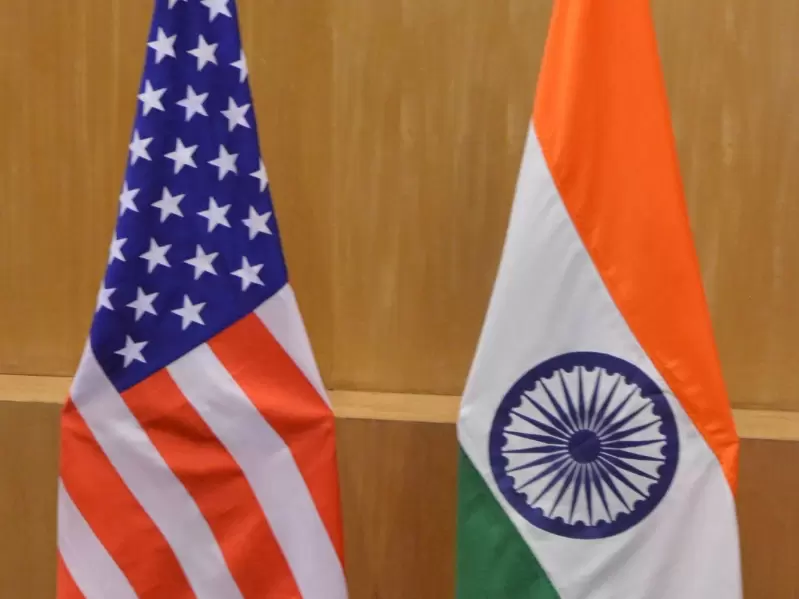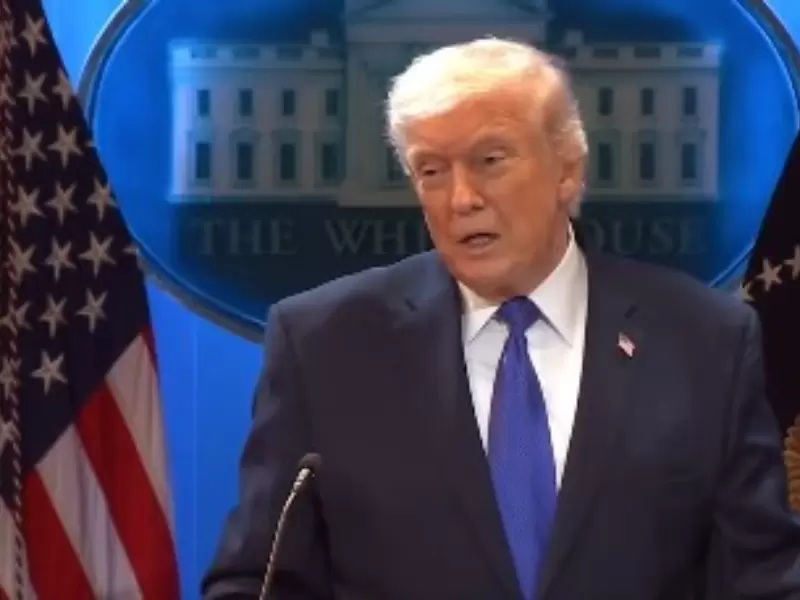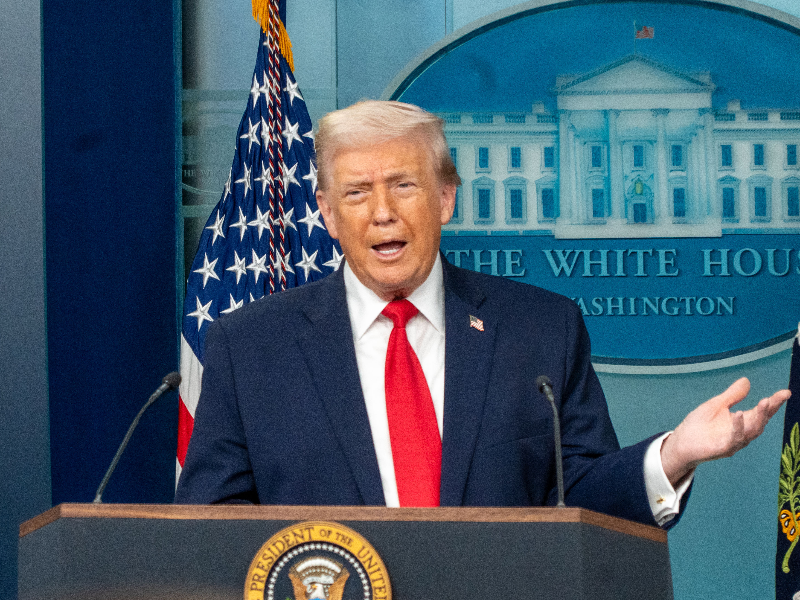India emerges as top alternative to China for MNCs
IMA India recently disclosed through its 2023 Global Operations Benchmarking survey that nearly 80 percent of global CEOs choose India as their top destination over China.

The 2023 Global operations benchmarking survey, conducted by IMA India, showed the country as an emerging destination for MNCs. A poll of 100 CEOs who largely represent international B2B-focused companies stated that India is the top destination that multinational enterprises are looking for as an alternative to China.
As per the study, 88 per cent of CEOs who surveyed companies with a presence in India, chose India as their top option over China due to its growing geopolitical aggressiveness, dubious trade and commercial practices, and rising labour prices.
“In the last five years, foreign MNCs have increased their on-ground presence in India, partly as a result of diversification away from China. In particular, the IT & ITES companies are ramping up the share of their global workforce that is based in India,” said Suraj Saigal, Research Director, IMA India.
In the last three years, over 70 per cent of the companies, according to a study based on the poll, have seen significant changes in their business strategy based on-the-ground operations in China. Comparatively speaking, the industrial sector exhibits a more pronounced pullback than the services sector. The percentage of people making adjustments has declined in 41 per cent of cases, while 56 per cent have cut down on investments and sourced less from China.
While a handful of enterprises have quit the industry, 6 per cent have reduced their market participation. In addition, taking into consideration recent changes in commercial and geopolitical tactics, the study looked at how corporations are recognising and seizing India's business possibilities.
India's predicted worldwide workforce share climbed from 22.4 per cent to 24.9 per cent between FY18 and FY23 in mean percentage terms, while its revenue share increased from 14.8 per cent to 15.8 per cent. These numbers show India's gradual rise in the world scene throughout this time.
However, even those that choose India listed infrastructure, legal restrictions, and skill-related problems as major obstacles. The study determined that the worldwide trend away from multilateral commerce towards bilateral trade connections was the cause for the rising popularity of friend-shoring. The emergence of ‘deglobalization,’ protectionism, and nationalism has forced governments to cooperate with nations with which they already have cordial bilateral connections rather than depending on international or regional trade accords.
ADVERTISEMENT
ADVERTISEMENT
E Paper
Video
















Comments
Start the conversation
Become a member of New India Abroad to start commenting.
Sign Up Now
Already have an account? Login